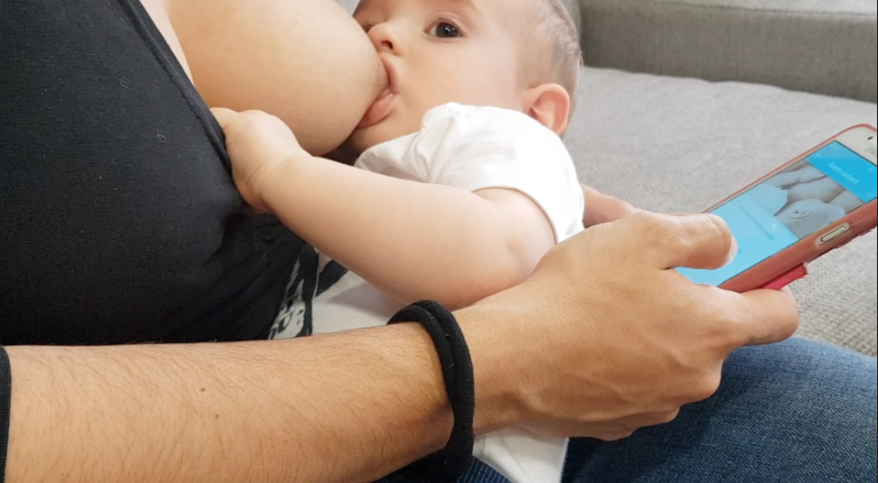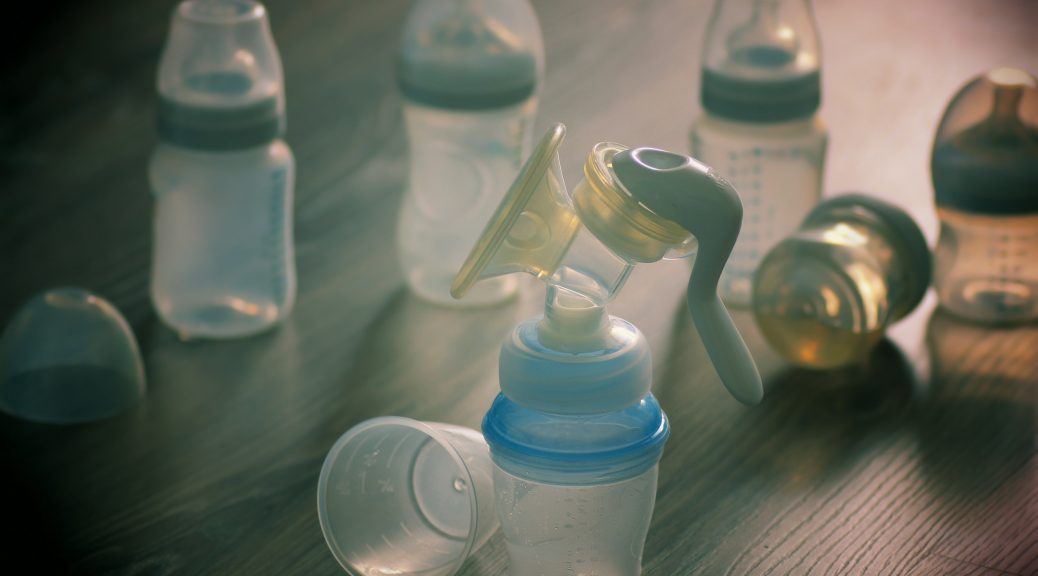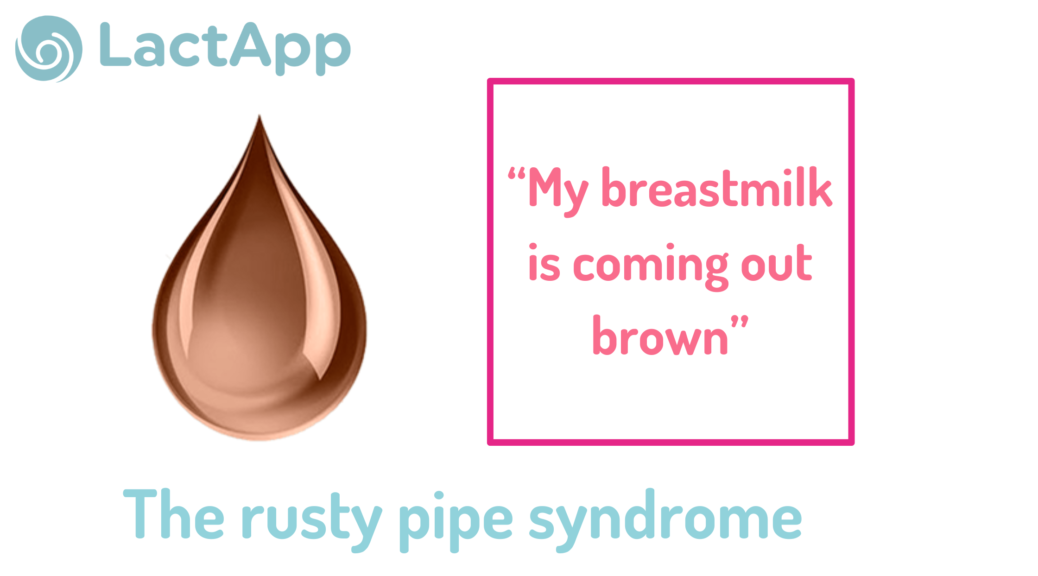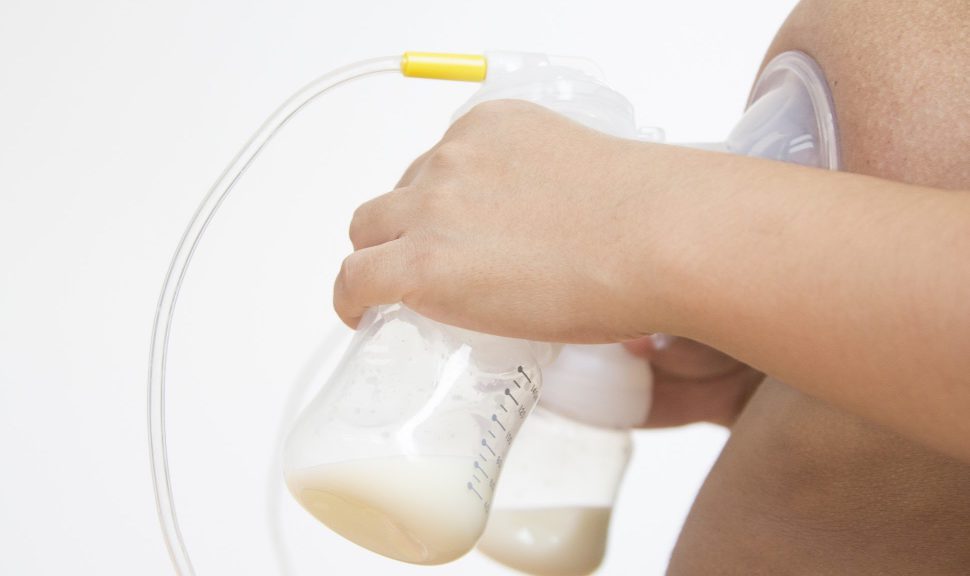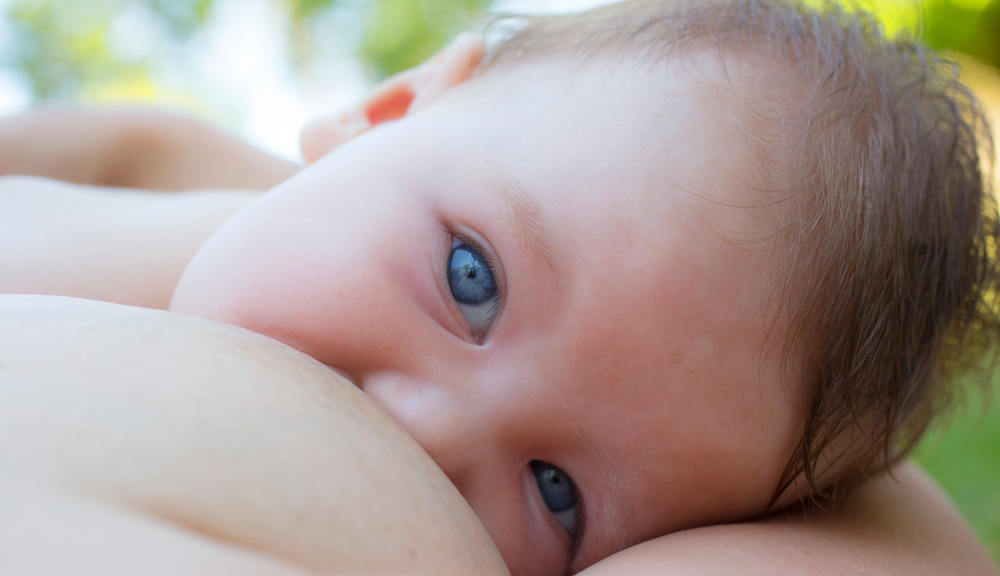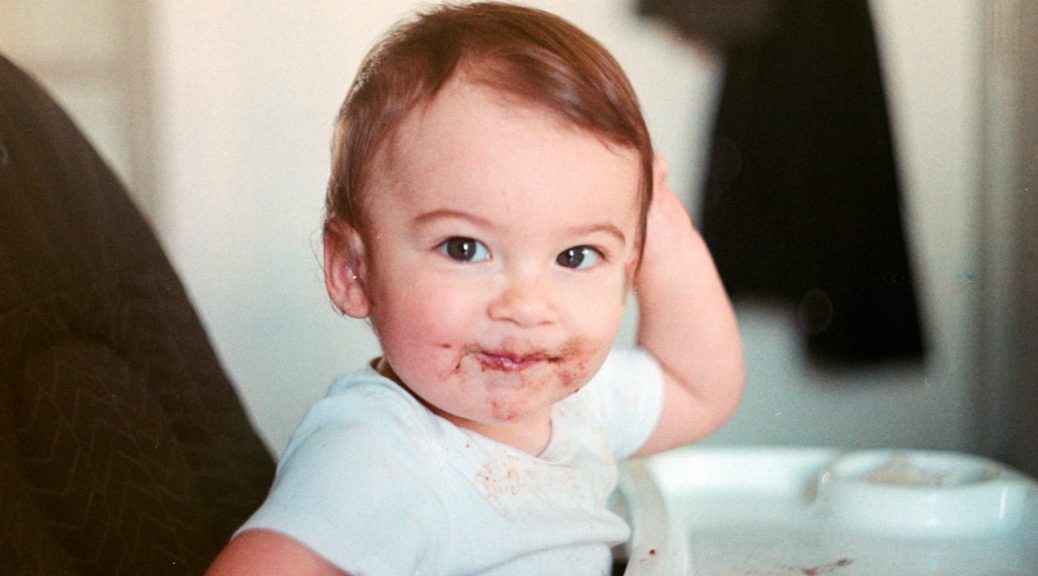How do I know if exclusive breastfeeding is going well?
How do you know if your newborn is breastfeeding well? And how do you know if exclusive breastfeeding is working? Mothers only learn how to breastfeed once they have their baby in their arms. Although we think breastfeeding is an instinct, in reality, it is not. Babies, however, do know instinctively how to breastfeed. Mothers can build their knowledge and learn it by watching other mothers breastfeeding, which is why finding a breastfeeding support group or joining other breastfeeding mothers…
